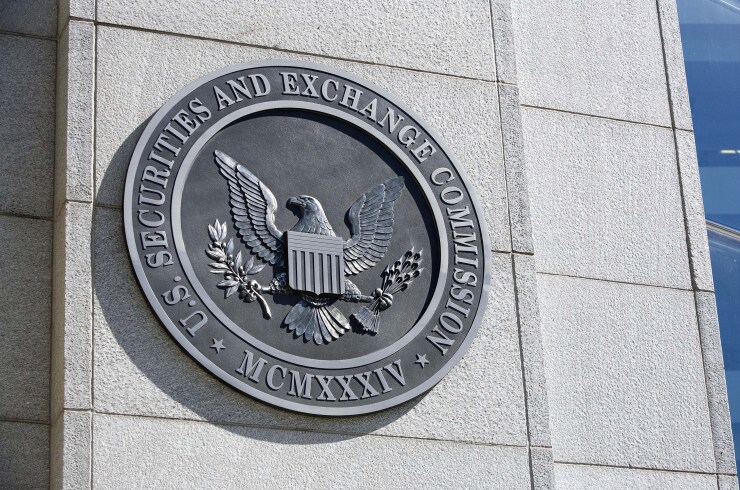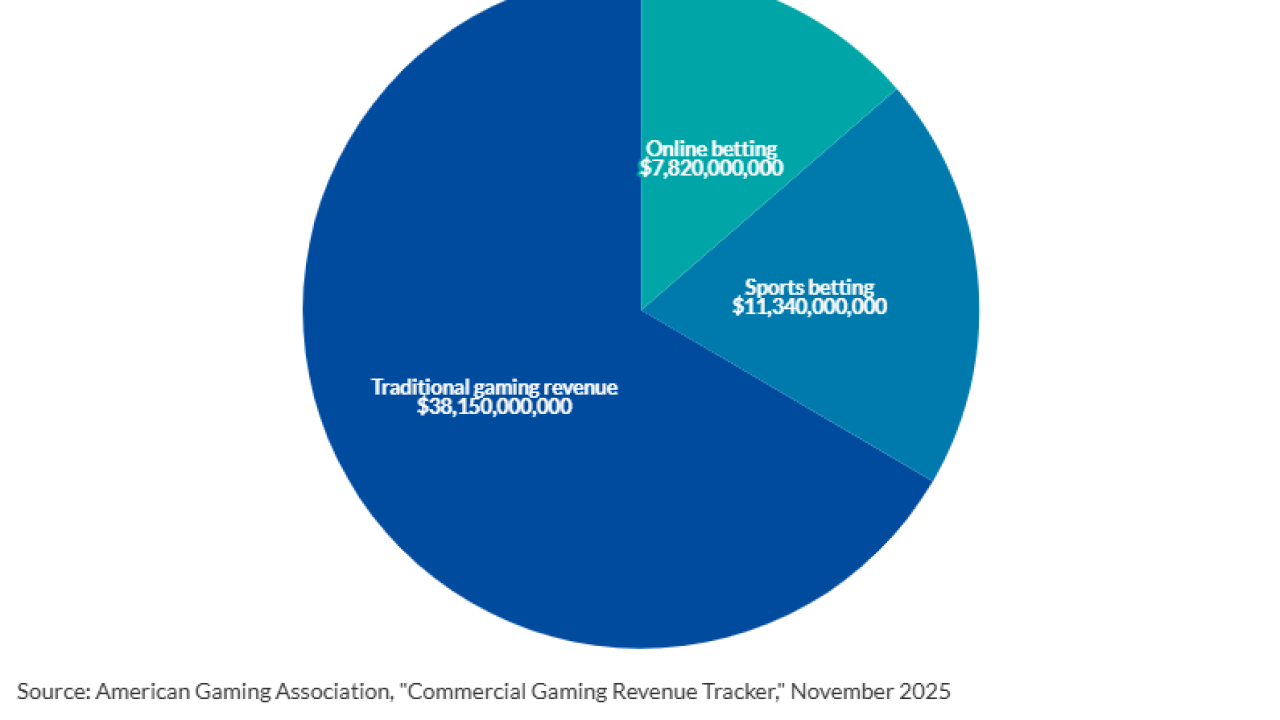The Securities and Exchange Commission is proposing to limit the requirements under the Sarbanes-Oxley Act for audits of internal controls over financial reporting, making them apply to only the largest public companies.

The SEC said Thursday the proposed changes would reduce costs for certain lower-revenue companies by more appropriately tailoring the types of companies categorized as accelerated and large accelerated filers while maintaining effective investor protections (see
As a result of the proposed changes, smaller companies with less than $100 million in revenues wouldn’t be required to obtain an attestation of their internal control over financial reporting, or ICFR, from an independent outside auditor. However, the proposed amendments wouldn’t remove some of the other key protections from the Sarbanes-Oxley Act of 2002, such as independent audit committee requirements, CEO and CFO certifications of financial reports, or the requirement that companies continue to establish, maintain, and assess the effectiveness of their internal controls over financial reporting.
“The proposed rules build on the JOBS Act of 2012 and are aimed at a subset of smaller companies where the additional requirement of an ICFR auditor attestation may not be an efficient way of benefiting and protecting investors,” said SEC Chairman Jay Clayton in a statement. “Investors in these lower-revenue companies will benefit from more tailored control requirements. Many of these smaller companies — including biotech and health care companies — will be able to redirect the savings into growing their companies by investing in research and human capital.”
The proposal would exclude from the accelerated and large accelerated filer definitions an issuer that is eligible to be a smaller reporting company (SRC) and had no revenues or annual revenues of less than $100 million in the most recent fiscal year for which audited financial statements are available. It would also increase the transition thresholds for accelerated and large accelerated filers becoming a non-accelerated filer from $50 million to $60 million and for exiting large accelerated filer status from $500 million to $560 million. In addition, the proposal would add a revenue test to the transition thresholds for exiting both accelerated and large accelerated filer status.
The SEC is opening the proposal to public comment for 60 days after it’s published in the Federal Register. However, some groups, including the Center for Audit Quality, are already weighing in with their reactions.
“The CAQ looks forward to studying the SEC's proposal on the accelerated filer definition and providing views from the public company auditing profession,” said CAQ Executive Director Julie Bell Lindsay in a statement Thursday. “U.S. capital markets are the largest and most attractive in the world, and this success is thanks in large part to effective and robust investor protections. Numerous studies and surveys have shown that the Sarbanes-Oxley Act's provisions on ICFR bolster investor confidence, support capital formation, and strengthen our financial markets. The CAQ refers to these studies in a new version of our
Another group, Americans for Financial Reform, criticized the proposal more directly. “Everyone who lived through the Enron debacle, the 2008 financial crisis, or high school math class knows that when it comes to complex calculations, it's good practice to have someone else check your work to confirm that you got it right,” said AFR senior fellow Heather Slavkin in a statement. “Today, the Securities and Exchange Commission proposed to remove the requirement that outside auditors confirm the adequacy of small companies' internal controls to ensure accurate financial reports. This policy would remove critical protections that investors rely on to confirm the integrity of companies' financial reports, understand the value of their investments, and prevent fraud. We commend SEC Commissioner Robert Jackson for opposing this proposal and urge the Commission to reconsider its approach.”





